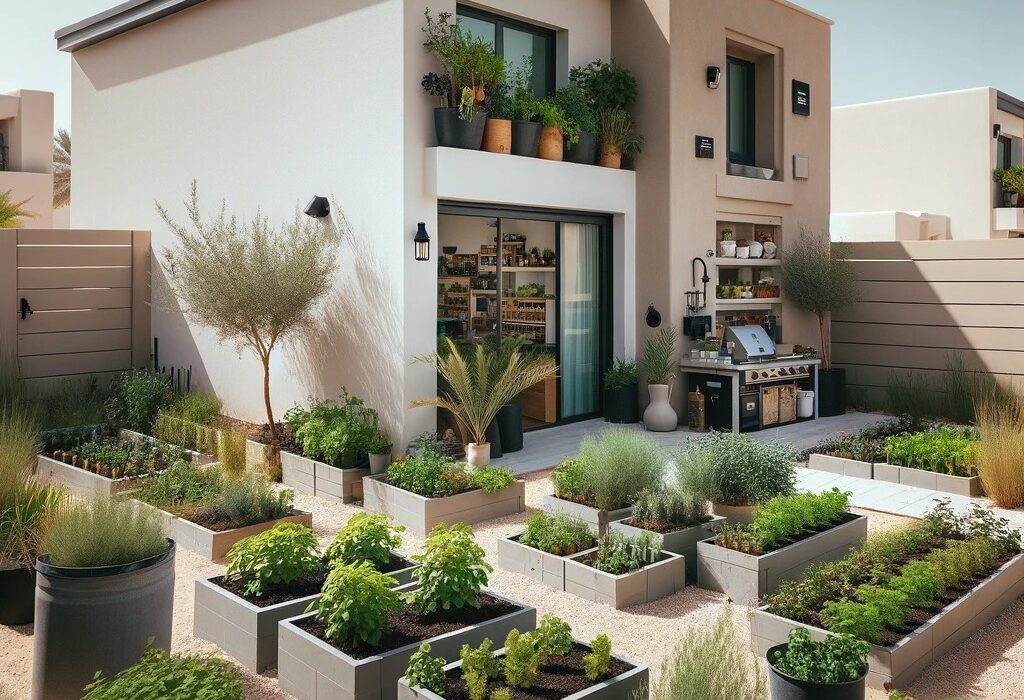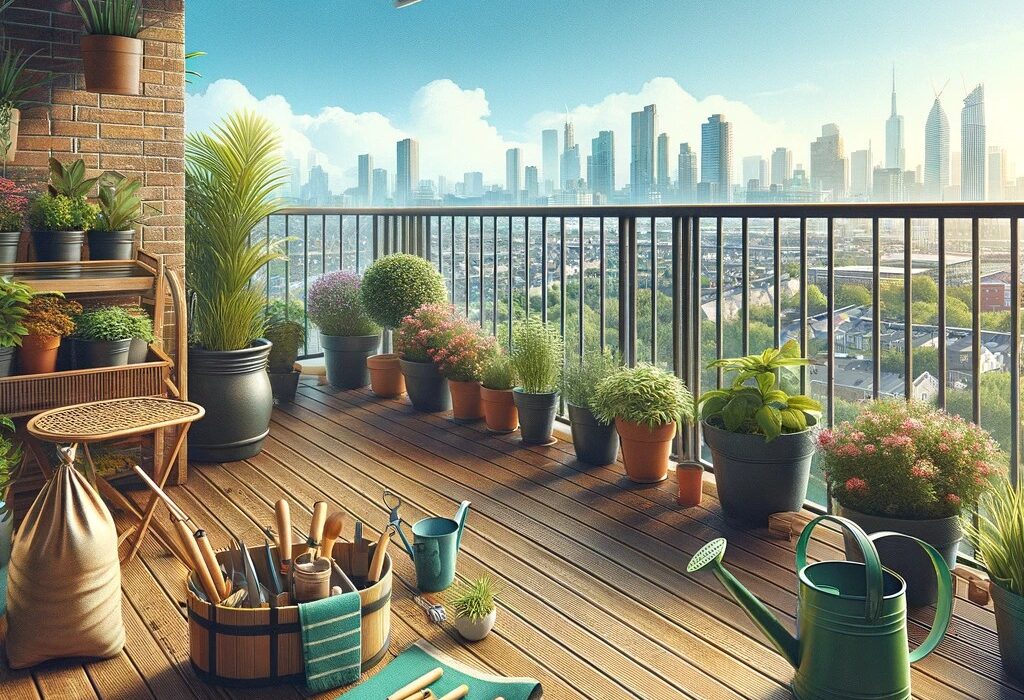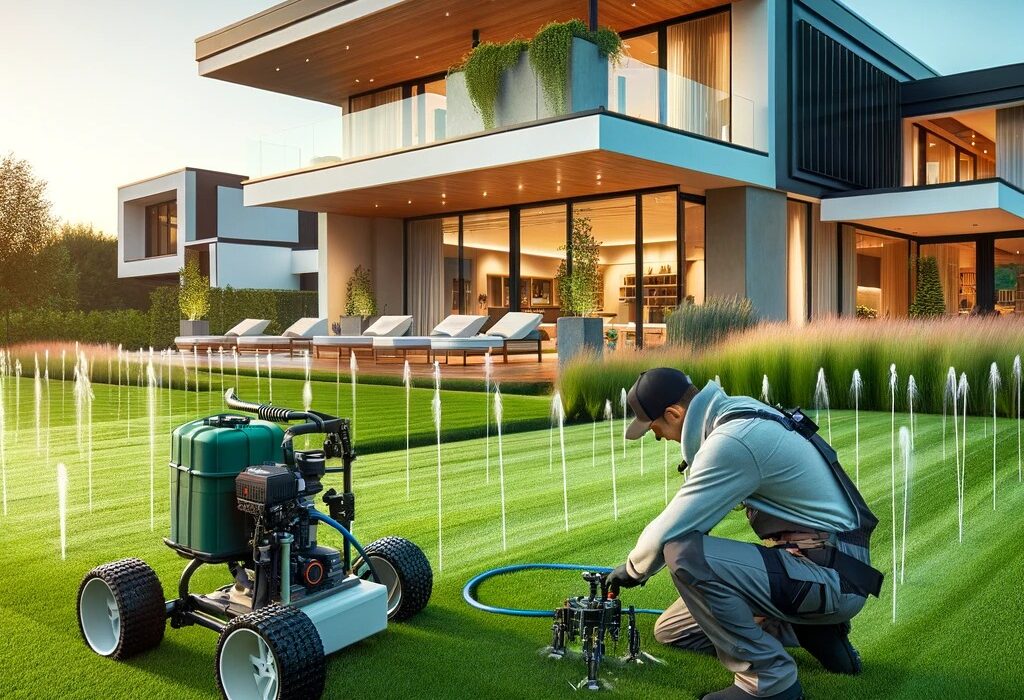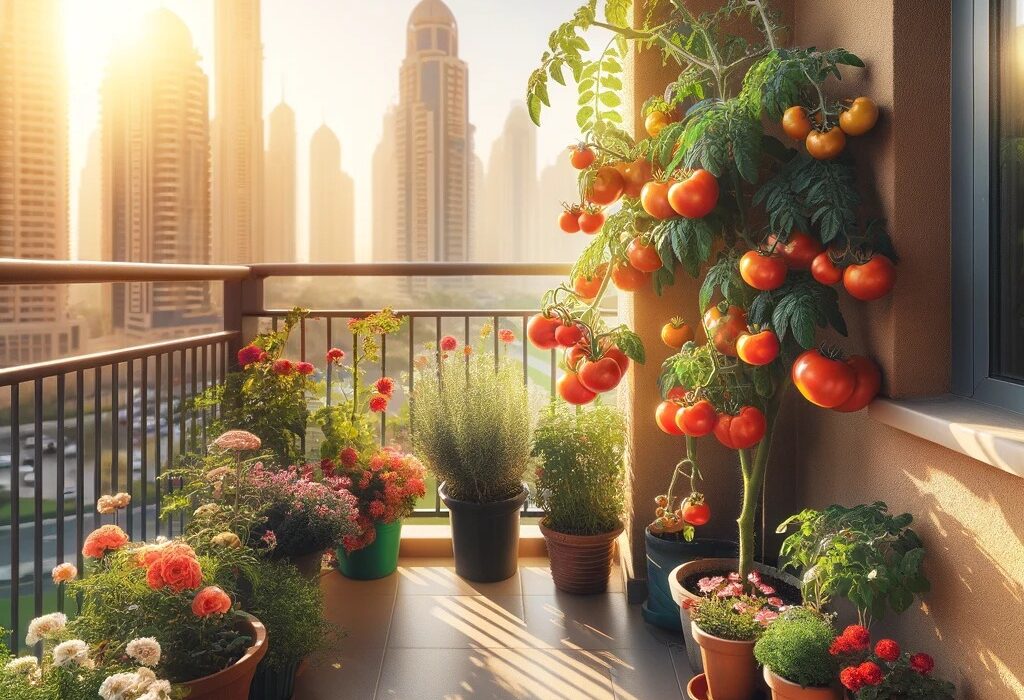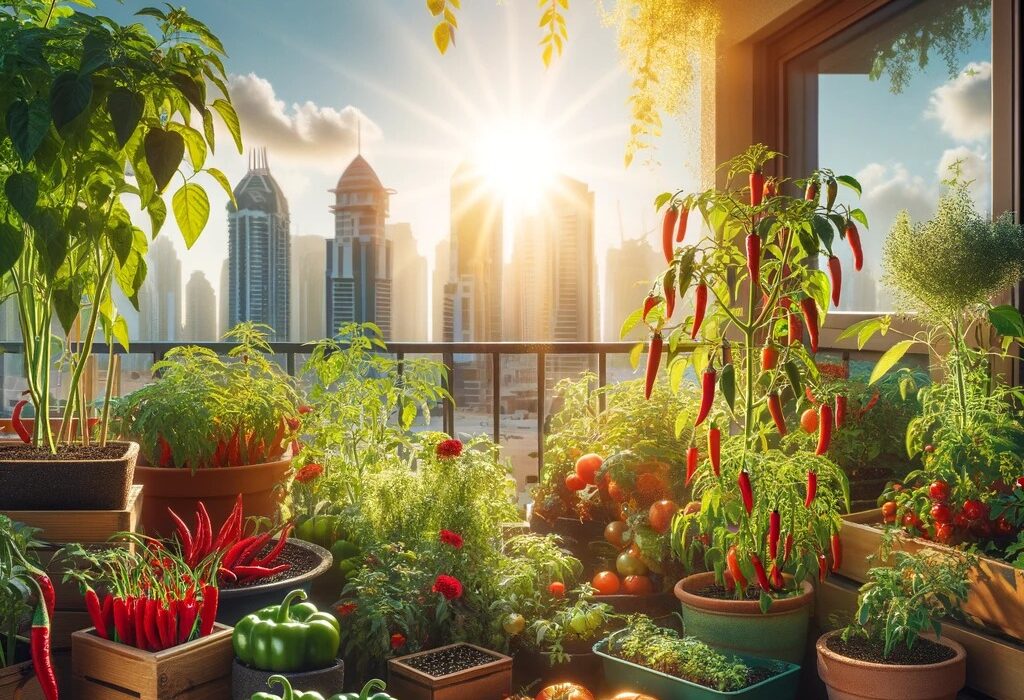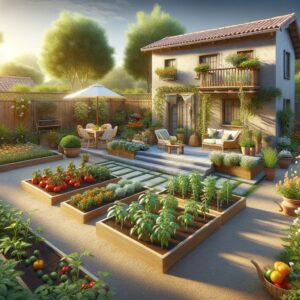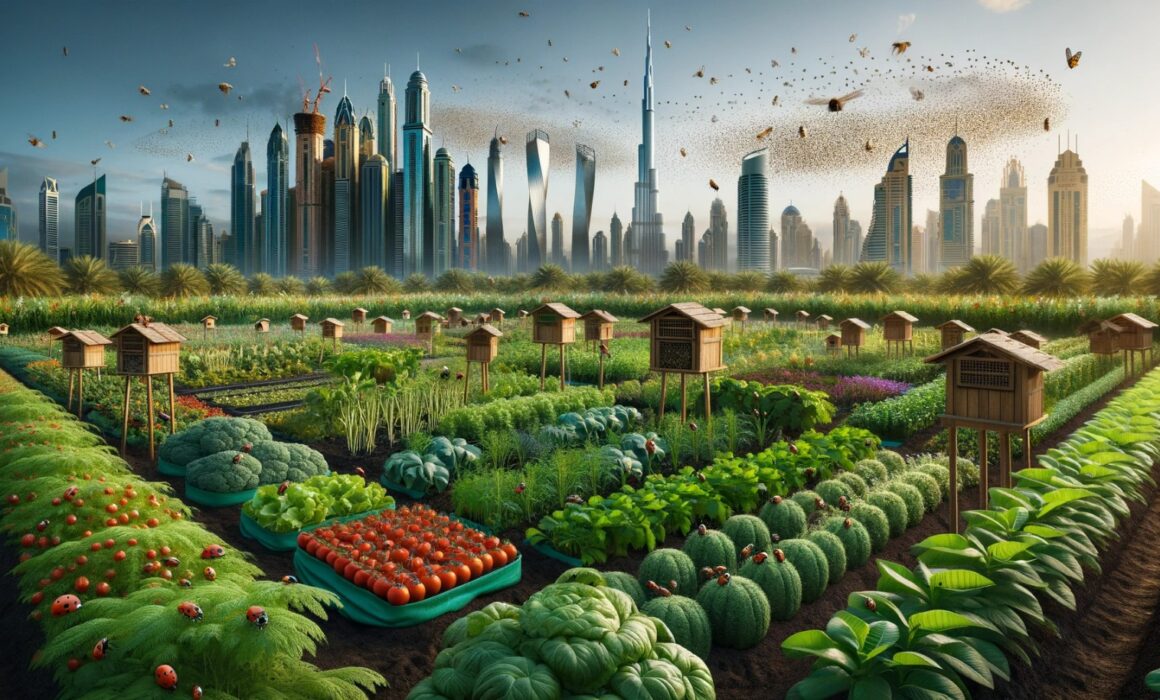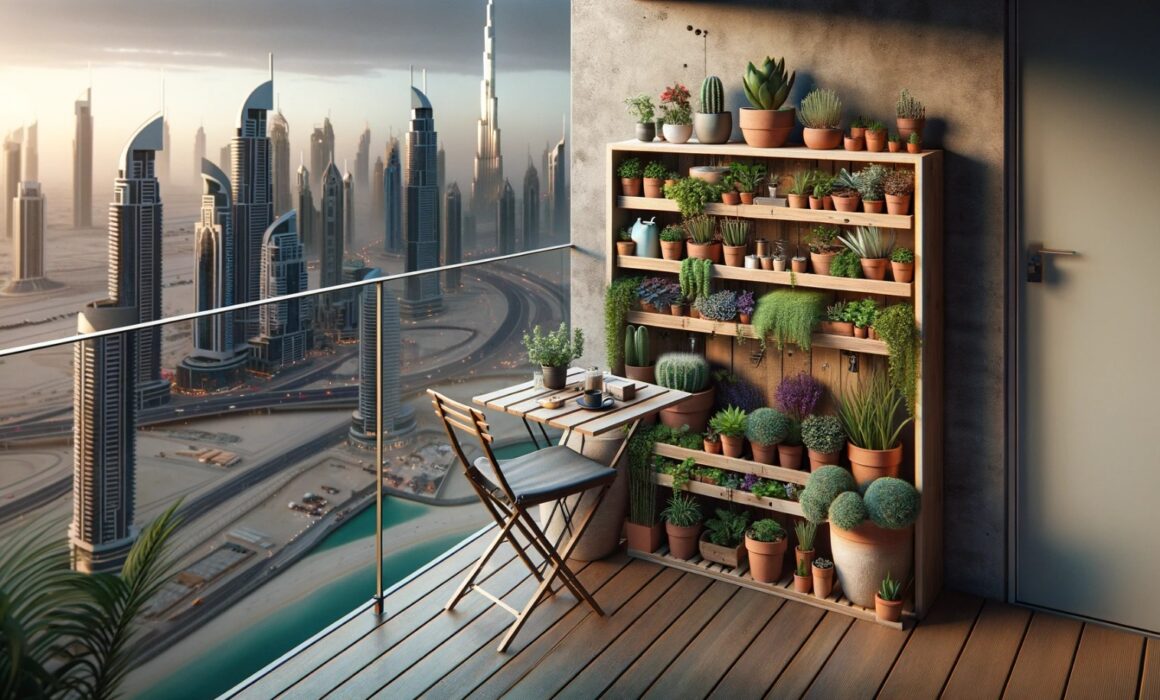Creating a kitchen garden in Dubai can be a rewarding and practical way to promote sustainability and confirm a steady supply of fresh produce at your doorstep. With the appropriate approach and a few basic gardening principles, you can turn any little space into a thriving garden. Here’s how to start your own kitchen garden in Dubai, taking advantage of the local climate and your personal preferences.
STEPS TO GROW A KITCHEN GARDEN IN DUBAI
- Choose the Right Location.
The first step in designing your kitchen garden in Dubai is to choose the proper location. Most veggies and herbs require hours of sunlight per day, so your garden should get at least that much. Consider spaces such as balconies, outdoor spaces, or even a tiny backyard. If you have limited room, vertical gardening might be a great solution because it allows you to grow upwards rather than outwards.
- Choose Right Plants.
Not all plants flourish in Dubai’s hot climate, so select types that can withstand the heat. Choose heat-tolerant veggies, such as tomatoes, cucumbers, and peppers, as well as herbs like basil, thyme, and mint. These plants can tolerate extreme temperatures and require little water, making them ideal for the region.
- Prepare your soil.
Soil preparation is essential for any garden, especially in Dubai, where the natural soil can be sandy and lacking in nutrients. Add compost and organic materials to your garden beds to increase soil structure and fertility. Consider raised beds to improve soil quality and ease of management for your plants.
- Implement Efficient Watering Techniques.
Water efficiency is critical in Dubai’s dry climate. Drip irrigation is one of the most effective watering strategies for a kitchen garden since it provides water directly to the plant roots, reducing evaporation and waste. Mulching around your plants can also assist in maintaining soil moisture, reducing the need for regular watering.
- Select the Right Containers.
If you decide to have a container garden, you must choose the right containers. Use containers that are large enough to support the plant’s growth and have appropriate drainage holes. Materials such as ceramic or clay are preferred because they assist regulate soil temperature.
Gardening Tips for Continuous Harvesting
- Crop rotation helps to minimize soil depletion and disease.
- Harvest frequently to encourage more growth, especially with herbs and leafy greens.
- Companion planting may increase plant health and results. For example, growing marigolds can naturally repel pests.
Adjusting to the seasons
While Dubai’s temperature is generally warm, the slightly cooler months of November through March are good for growing a larger range of vegetables. This is the greatest time to experiment with plants that may not be able to withstand the high summer temperatures.
Benefits of Kitchen Gardening
There are numerous benefits to kitchen gardening. It basically allows you to enjoy fresh, organic foods that you can make. Therefore, you’ll have access to a diverse range of nutritious fruits and vegetables cultivated without the use of harmful pesticides and chemicals.
Growing food instead of relying on store-bought fruit from afar is also a great way to reduce your carbon footprint.
It is a pleasant experience that may bring health, happiness, and a touch of nature into your city life. By following these simple steps and combining fundamental gardening techniques, you can create a garden that not only survives but flourishes in the Dubai environment. Remember that recognising and working with your local environment is essential for a successful kitchen garden. Happy gardening.
By carefully arranging your kitchen garden, you’ll discover that this small patch of green not only beautifies your house but also helps to a more sustainable living in Dubai. Whether you’re an experienced gardener or a newbie, Green Life Organic Farming LLC will help you grow a profitable and beautiful kitchen garden.


